
Read or listen offline
Amazon Kindle
áudio gerado automaticamente
1×
Faça o Login para ouvir o resumo em áudio.
áudio gerado automaticamente
Recommendation
Moving from an agrarian economy to manufacturing and exporting has added to the well-being of many nations. But sustainable economic development requires that countries update their industrial strategies, modernize their agriculture and develop their services capabilities as well, particularly as trade tensions and labor-reducing technologies endanger global commerce. Economist Arancha González Laya offers readers a concise, timely analysis of the hurdles that countries face in achieving economic prosperity and inclusion.
Summary
About the Author
Arancha González Laya leads the International Trade Centre, an intergovernmental agency under the auspices of the World Trade Organization and the United Nations.





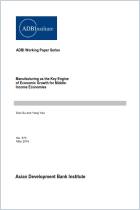
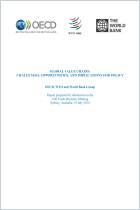
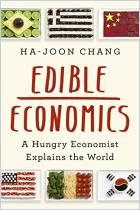
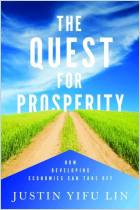
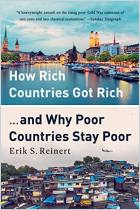
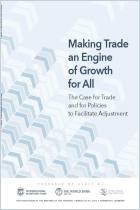




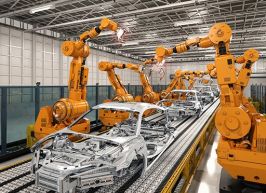
Comment on this summary